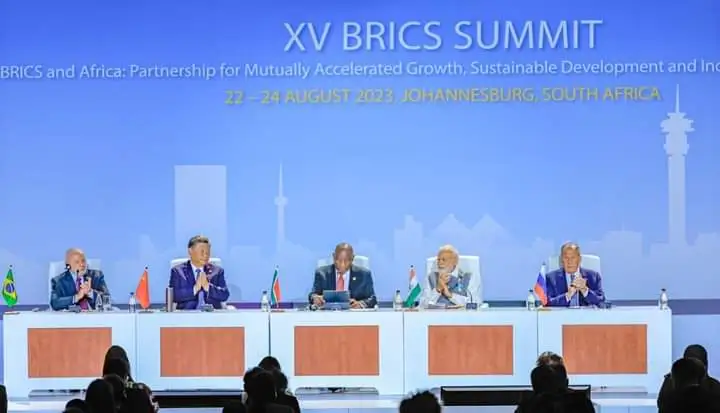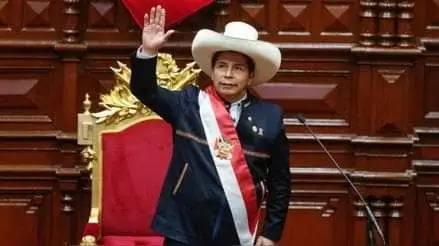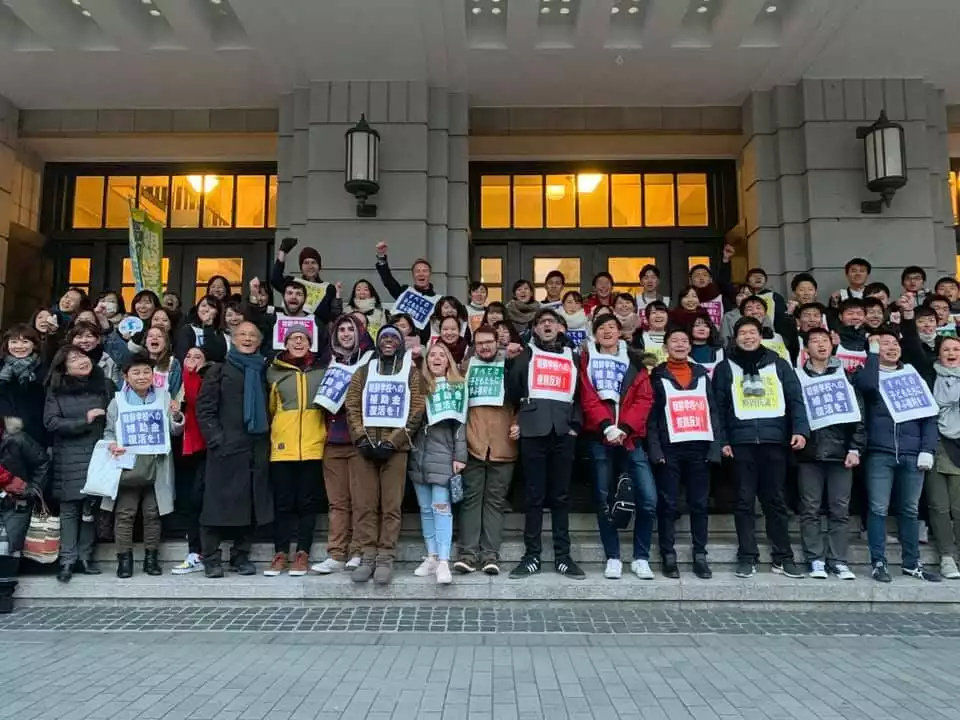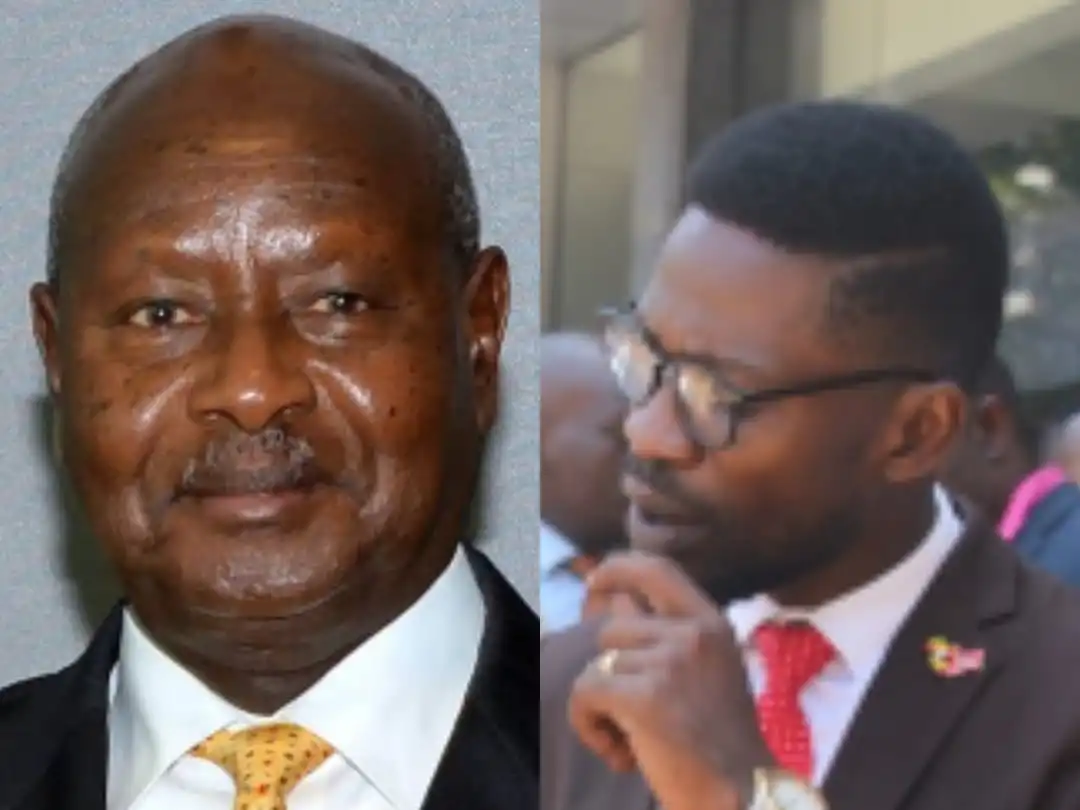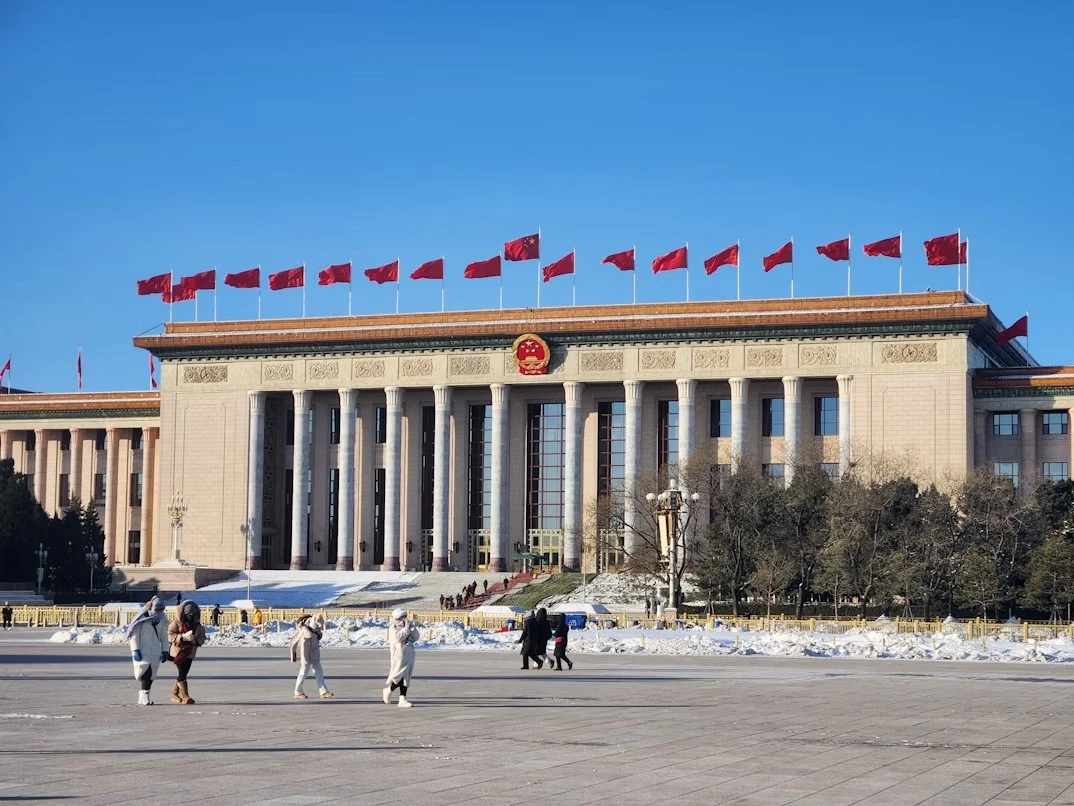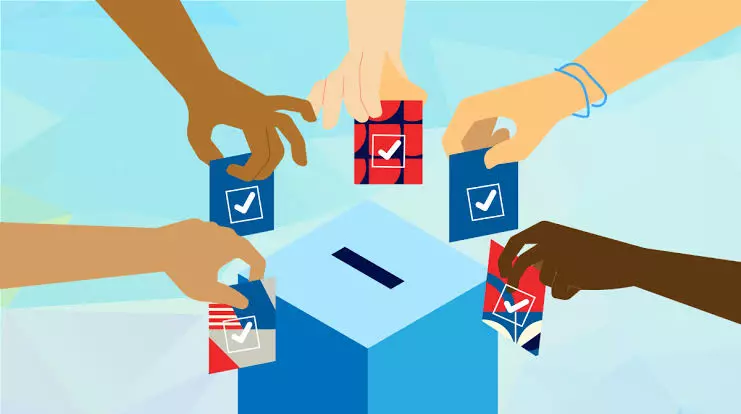In recent times, an increasingly resounding chorus of voices from nations around the globe, particularly those from the global south, has been advocating for a shift away from their traditional reliance on the US dollar for international trade. This mounting sentiment has been amplified by the disruptive economic consequences stemming from sanctions imposed on Russia, which led to its expulsion from dollar-centric trading systems like SWIFT.
Within this dialogue, a prominent suggestion has been to formulate an alternative single currency for the BRICS. Supporters of this idea include business and political leaders in the bloc. "I am in favor of creating, within the BRICS, a trading currency between our countries, just like the Europeans created the euro,” said Brazilian President Lula da Silva during a speech in Spain earlier this year. He was even more blunt in Beijing saying, "Every night, I ask myself why all countries have to base their trade on the dollar." This sentiment resonates across the majority of BRICS member states.
As the leaders of the BRICS gather in Johannesburg, South Africa, closer monetary and financial cooperation is expected to take place. So why is it important to explore the possibility of a BRICS currency? Three core reasons underscore this pursuit.
Firstly, in response to the impact of fluctuating exchange rates, the ongoing interest rate hike by the US Federal Reserve is expected to sustain a strong dollar. However, this trajectory disproportionately affects developing economies. Many of them, including BRICS and potential BRICS countries, have limited options for international borrowing other than US dollar-denominated loans. As the dollar appreciates, these loans become more expensive when measured in their own currencies, resulting in a heavier sovereign debt burden—a significant problem in many countries. Additionally, to prevent their currencies from depreciating, central banks must mimic the US Federal Reserve's interest rate hikes, dampening investment appeal and endangering economic stability. A stable currency controlled by participating countries would be a natural alternative for the US dollar.
Secondly, the push for an alternative global currency arises from the escalating use of the US dollar for sanctions and trade wars. Examples are plentiful: Venezuela faced debilitating sanctions in 2017, limiting its access to international financing and triggering an economic crisis. Iran encountered similar challenges with comprehensive sanctions affecting its dollar-based transactions, leading to reduced oil exports and economic deterioration. Syria also suffered due to the dollar's dominance, exacerbating an already precarious situation. These instances have driven countries to seek greater independence from the US dollar-centered financial system.
Thirdly, and arguably the most pivotal rationale, is the constriction imposed by the US dollar's supremacy, which ties nations to America's economic challenges. With 88% of international transactions conducted in US dollars and the dollar accounting for 58% of global foreign exchange reserves, countries are compelled to accumulate dollars, often in the form of US bonds, to navigate the existing economic paradigm. This situation grants the US the ability to export its most potent good—the dollar—through high imports and low exports. The US can even expand the supply of dollars, printing more money, to fund various initiatives, including substantial defense spending and financial bailouts, at the expense of foreign countries' inflation. The ongoing interest rate hike in the US encourages capital to flow back home, subjecting developing nations to challenges like stock market fluctuations, currency depreciation, and rising import costs.

Then based on these reasons, the desire to "de-dollarize" their economies is not merely an aspiration within the BRICS and other countries; it is a direct response to the overbearing actions of the US that have compelled them to seek alternatives, aiming to end the unjust and imbalanced global economic order imposed by "dollar hegemony."
But why the BRICS? A currency's strength is backed by its real economic power. The US dollar's prolonged dominance reflects the US's unmatched economic strength since WWII. However, with BRICS member states accounting for over 40% of the world's population, 31.5% of global GDP (PPP), and 16% of trade volume, they are well-positioned to support a strong and stable currency.
Nonetheless, crucial groundwork remains to be done, including fostering a more integrated internal market, balancing economic development, and fostering unanimous political will to implement a single currency. "BRICS currency is not on the agenda," remarked Anil Sooklal, South Africa's Ambassador at Large: Asia and BRICS. But other forms of monetary and financial cooperation are already underway. Brazil and China signed an agreement on trade in mutual currencies, enabling them to conduct their $150 billion bilateral trades in Yuan and Real instead of dollars. Several currency swap regimes between China and Russia, South Africa, and Brazil have also been established since 2013. According to Brazilian Trade and Investment Promotion Agency, "the expectation is that this will reduce costs, promote even greater bilateral trade, and facilitate investment."
This trajectory is not limited to the BRICS. At this year's World Economic Forum in Davos, Saudi Arabia's Finance Minister indicated openness to trading in other currencies alongside the US dollar, marking a departure from their previous stance of 50 years. Since this July, India and the United Arab Emirates have started settling bilateral trade in their local currencies instead of dollars. The signals of "de-dollarization" are beaming across the Global South.
For now, a BRICS version of the euro may seem distant, but monetary cooperation among BRICS countries has opened the door to a more equitable world financial order. Beneath the various initiatives, including single currency creation, lies a deeper narrative: the majority (4 out of 5) of people live in developing nations. However, their voices have long been absent in shaping global institutions. The call to establish true multilateral institutions capable of representing the Global South is long overdue. With over 40 countries expressing willingness to join the bloc, the BRICS entity could potentially embody this vision.
Cover Image Credit: By Ricardo Stuckert
Editor's Note:
The views and informations expressed in the article are solely those of the author and may or may not reflect the views of The International. We believe in providing a platform for a range of viewpoints from the left.
"The International" belongs to you.✕
Please take a moment to read this. We apologize for any interruption, we want you to know "The International" seeks your valued support at this time. We've proudly served as a pioneering online platform, delivering ad-free media content. With only 2% of our readers opting for a subscription, any contribution you choose holds immense significance—whether it's an annual fee of $25 or a monthly payment of $2.5. — The "The International" Team, committed to providing you with enlightening perspectives. We want to highlight that this sum is even less than what you'd spend on a cup of coffee, yet it greatly aids in sustaining our efforts to perpetuate and enhance your esteemed initiative.
